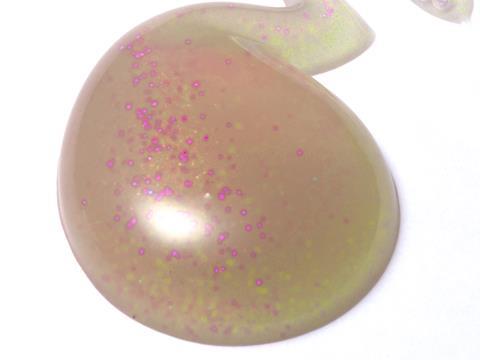
Shoppers should boycott cosmetics containing mircrobeads, environment secretary Andrea Leadsom has urged.
Speaking today (20 December), as the government launched a consultation into a ban of the product, Leadsom said their use in items such as face washes and body scrubs was “incredibly damaging to our sea life - they can swallow them, but cannot digest them”.
The consultation, which closes in February, will seek evidence on proposals to halt the manufacture and sale of cosmetics and personal care products containing microbeads. Defra also hopes to gather evidence on other sources of potential marine plastic pollution during the consultation period. It hopes to impose a ban by next October.
A ban on microbeads was first proposed by Leadsom in September over concerns about the impact on the marine environment. Around 100,000 beads are washed down the drain during one shower, but they are too small to be filtered out in sewage treatment systems.
At the end of June, L’Oréal, P&G and Unilever all committed to eliminating microbeads from their products within 18 months, while Waitrose dropped all cosmetics products which contain the ingredient in July.
“It’s encouraging many retailers and manufacturers are already taking action to phase out microbeads, but today we are making sure that in future they will have no place in personal care products, like shower gels and face scrubs, that end up going down the drain,” said Leadsom. “I urge shoppers to check any rinse-off cosmetics they are buying are microbead free.”
The launch of the consultation was welcomed by the Microbeads Coaltion of environmental NGOs. However, the group, which consists of the Marine Conservation Society, Greenpeace, the Environmental Investigation Agency and Fauna & Flora International, warned the government “must avoid loopholes” in any proposed ban.
“It must cover all microplastics, as marine life doesn’t distinguish between plastic from a face wash and plastic from a washing detergent,” the coalition said in a statement.
“Our government therefore has a choice. It can either follow the pack or choose to be a global leader in protecting our marine environment. To be a leader, the UK microbeads ban must overcome the loopholes of the US ban and similar bans being proposed in other countries,” the group added.
“The legislation should cover all products that are washed down the drain, this includes a wide range of cosmetic and personal care products as well as cleaning products, make-up, and other product categories,” the statement said. “Legislation should not allow so-called biodegradable plastics to be used as alternatives, as these materials do not degrade in the marine environment and therefore are not a solution to the problem.”







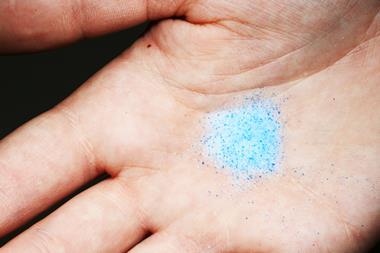
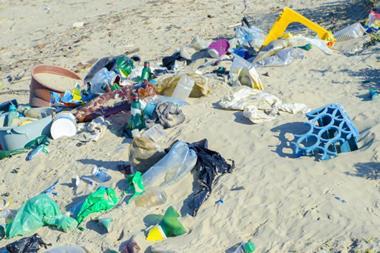
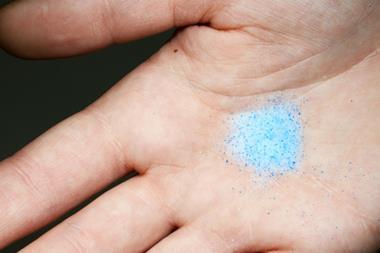
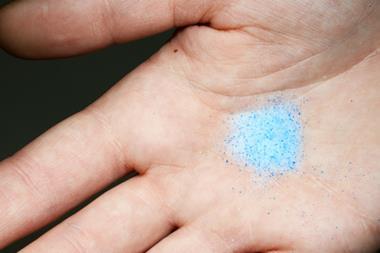
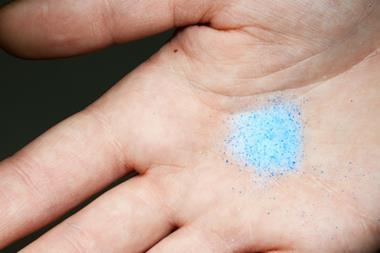







No comments yet